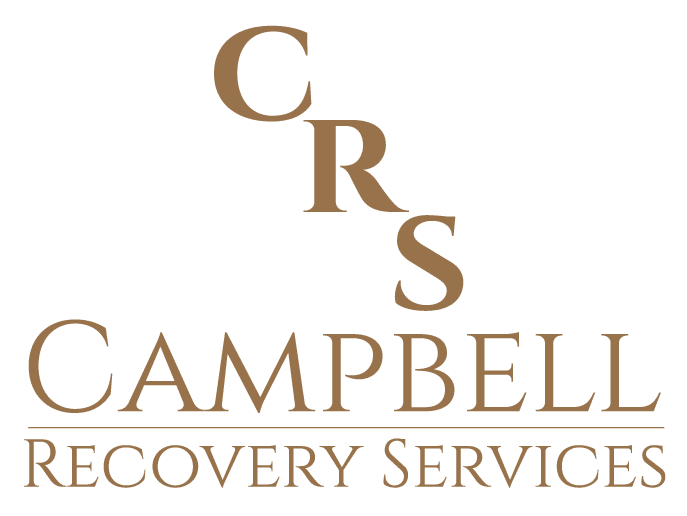Process addictions can follow the same destructive pattern as addictions to drugs and alcohol, neglecting school, work, relationships, and other important aspects of their lives. Young adults, with their brains still maturing and developing, can be particularly susceptible to process addictions process addictions. Some of the most common in young people include gaming, social media, the internet, shopping, and gambling. With these activities easily at their disposal every day, those affected may find it easy to develop a compulsion for these activities. The result can be lost time that should have been spent doing other things, spent money, neglecting physical health, and damaged emotional well-being.
It is important that those with a process addiction receive treatment for this addiction, allowing them to control this compulsion.
Signs of a Process Addiction in Teens and Young Adults
Participating in distractions such as video games, shopping, social media, and surfing the internet may seem innocent enough, and for many, this isn’t a problem. However, some young adults can develop a process addiction when the compulsion for these activities becomes too strong. If the need to participate in these activities is taking over their thoughts, causing undue stress when they are not able to, and occupying most of their time, this has likely become a process addiction.
These activities can be used as a fun way to relieve stress and provide a distraction. Those with process addictions often instead use them to escape from real life, avoiding problems. This is an unhealthy way to live. When partaking in these activities begins to interfere with everyday life, this has likely become an addiction.
Getting Help for Process Addictions
Those with existing mental health conditions, including attention deficit, depression, obsessive-compulsive disorder, and anxiety are more prone to process addictions. Young adults often try to treat these conditions, and the feelings that go along with them, by escaping. This escape is often through activities such as video games, shopping, and the internet that offer the ability to distract the sufferer’s brain from existing problems and anxieties. Finding this instant relief, this can quickly become an addiction for this high-risk group.
To address process addictions in young adults, any underlying mental conditions must first be addressed. Most young adults with process addictions find that when they can better understand the cause of their addiction and the need to escape, they can finally begin the journey to recovery. Through counseling and therapy, process addicts can begin to find a healthier outlet for their feelings. Young adults can find a healthy balance to continue enjoying some of these activities, without it overtaking their lives.
Therapy can offer long-term stability and the ability to handle all of life’s challenges in a non-destructive way. Process addicts can get control of their addiction, rebuilding relationships that may have been damaged and discovering other hobbies and interests. At Campbell Recovery Services our team is dedicated to helping young people struggling with process addictions, allowing them to reclaim their lives.





